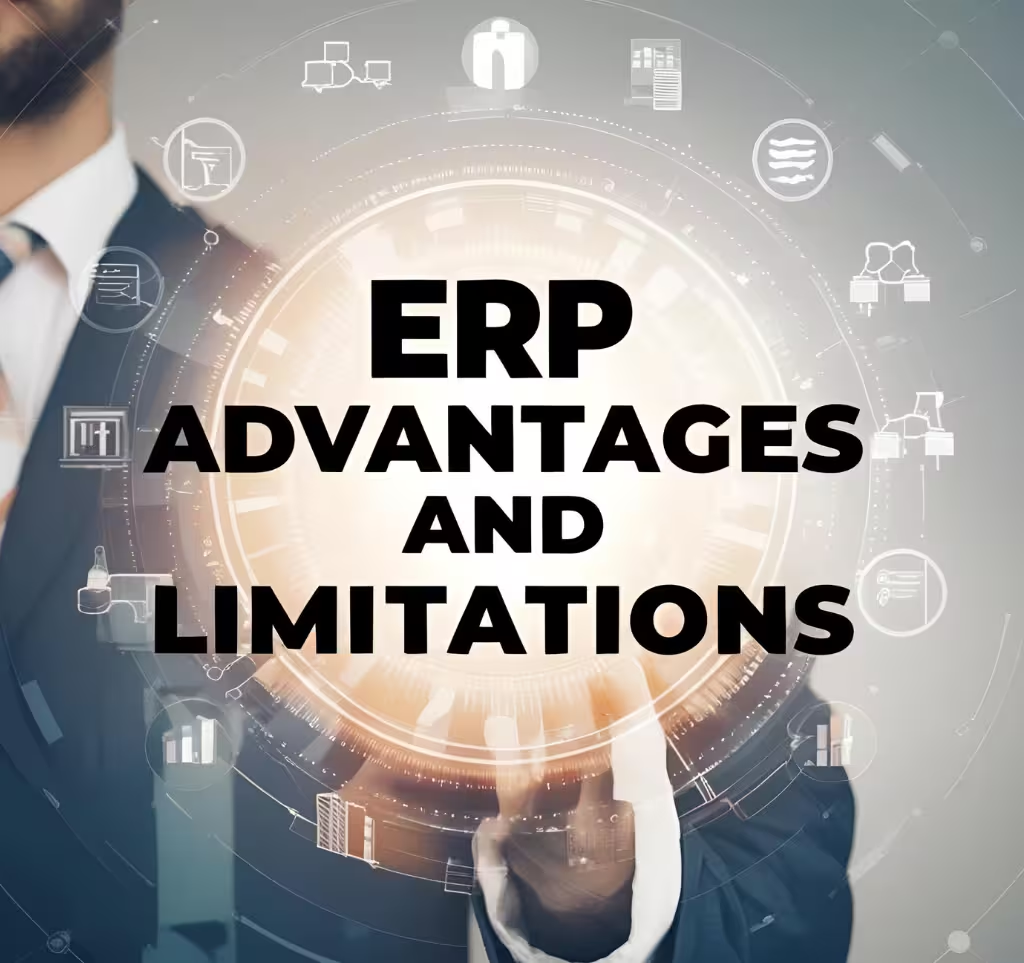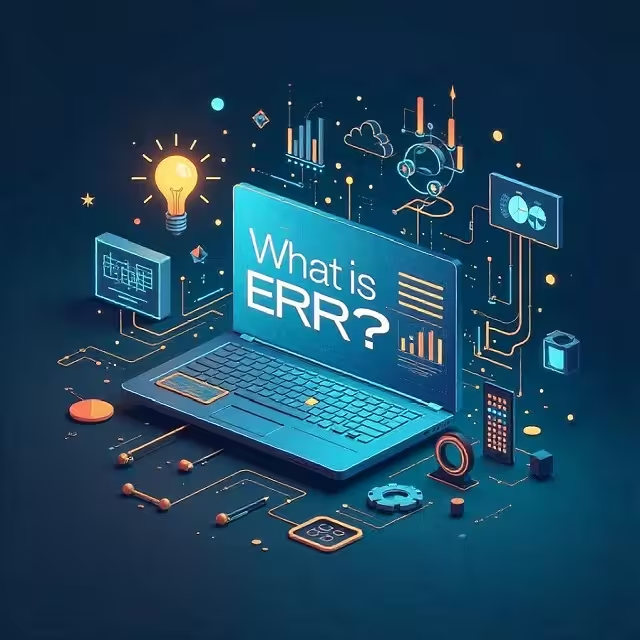Advantages of Enterprise Resource Planning Systems
In today’s fast-paced business world, companies of all sizes are embracing technology to streamline operations and enhance productivity. One such technology that has transformed the way organizations function is Enterprise Resource Planning (ERP) software. ERP systems integrate various business processes, such as accounting, human resources, supply chain management, and customer relationship management, into a single platform. While ERP solutions offer numerous benefits, they also come with certain limitations that businesses should be aware of before making an investment.
Advantages of Enterprise Resource Planning Systems
1. Improved Efficiency and Productivity:
ERP systems automate repetitive tasks and centralize data, reducing the time and effort required to manage business processes. This automation minimizes manual errors and enhances overall productivity. One such instance being, financial data, inventory levels, and customer information are updated in real time, allowing teams to make informed decisions faster.
2. Better Data Management and Reporting:
One of the biggest business benefits of an ERP software is its ability to provide accurate and real-time data. With a centralized database, businesses can generate detailed reports on various metrics, such as sales, expenses, and performance. This leads to improved decision-making and helps management identify potential areas for growth or better performance.
3. Enhanced Collaboration Across Departments:
ERP systems break down silos by integrating different departments into a unified platform. Teams can easily share information and communicate effectively, fostering a collaborative work environment. For instance, the sales team can instantly access inventory data, ensuring that they don’t make false promises to clients.
4. Scalability and Flexibility:
As businesses grow, their needs evolve. A good ERP system offers scalability, allowing companies to add new features or modules without disrupting existing operations. Whether expanding to new markets or adding product lines, an ERP system can adapt to meet changing business demands.
5. Regulatory Compliance and Security:
Many ERP systems come equipped with compliance management tools that ensure adherence to industry regulations and standards. Additionally, they offer advanced security features such as role-based access, encryption, and audit trails to safeguard sensitive business data.
Limitations of Enterprise Resource Planning Systems
1. High Initial Investment and Implementation Costs:
Implementing an ERP system requires a significant financial commitment. Licensing fees, infrastructure setup, and customization can be expensive, especially for small and medium-sized enterprises (SMEs). Additionally, the implementation process can be time-consuming, often taking several months to fully integrate the system.
2. Complexity and Training Requirements:
ERP systems are complex and often require specialized knowledge to operate effectively. Employees may need extensive training to navigate the system, which can be time-consuming and costly. Without proper training, users may struggle to utilize the software to its full potential, leading to inefficiencies.
3. Customization Challenges:
While ERP systems offer a range of features, they may not always align perfectly with a company’s unique business processes. Customizing an ERP solution to meet specific requirements can be complex and expensive. Moreover, excessive customization may lead to maintenance challenges in the long run.
4. Potential for Downtime and Disruption:
The implementation phase of an ERP system can disrupt regular business operations. If not managed properly, the transition may cause downtime, leading to delays and revenue losses. Even after implementation, system upgrades or maintenance can temporarily affect business continuity.
5. Risk of Data Migration Errors:
Transferring existing data into a new ERP system is a delicate process that requires precision. Errors during data migration can lead to inaccuracies, affecting decision-making and operational efficiency. Ensuring data integrity during this phase is critical to the success of an ERP implementation.
Striking a Balance: Is ERP Worth It?
Despite the Limitations of Enterprise Resource Planning Systems, the long-term advantages often outweigh the initial challenges. Businesses that invest time in proper planning, employee training, and selecting the right ERP solution can reap significant benefits in terms of improved efficiency, data accuracy, and streamlined operations. However, it is essential for companies to conduct a thorough cost-benefit analysis and choose an ERP system that aligns with their long-term goals.
In conclusion, ERP software can be a game-changer for businesses looking to optimize their operations. By understanding both the business benefits of an ERP software and its potential limitations, organizations can make informed decisions that lead to sustainable growth and success.



